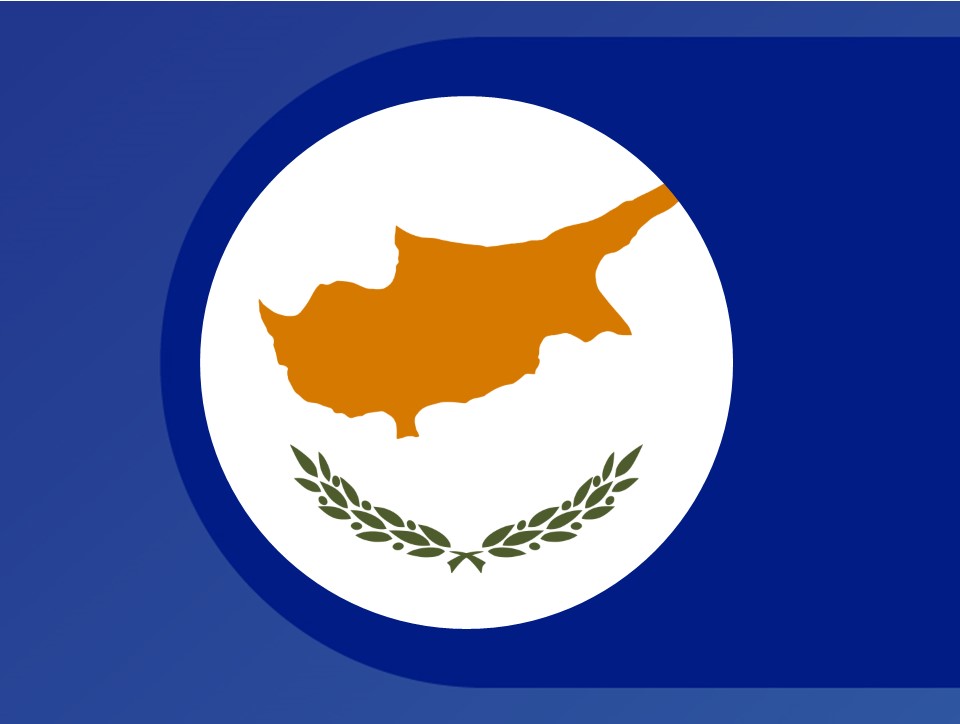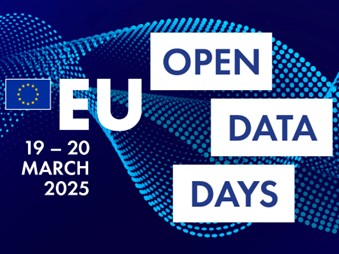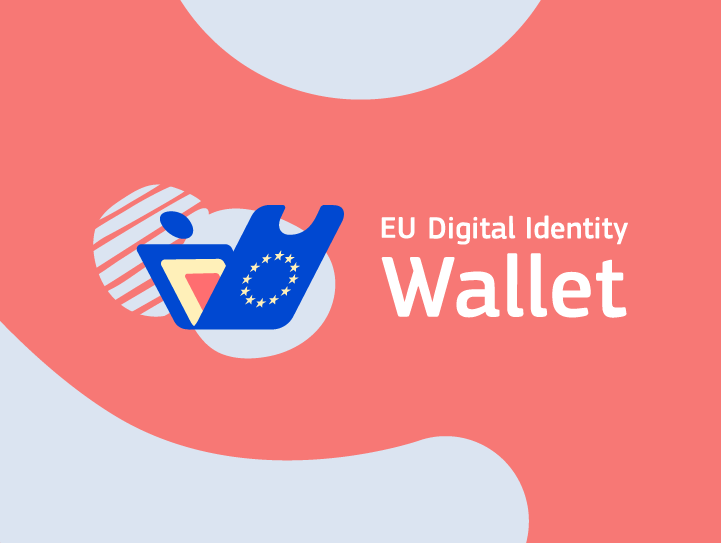589 rezultāti atrasti
Skip results of view Ziņas

Cyprus' national open data portal, data.gov.cy , serves as the country’s central platform for open data, offering over 1,200 datasets and bringing together 94 organisations to foster transparency and accessibility. The structured categorisation of datasets in the portal, makes it easier for users to find and find the data most relevant to their needs. It includes data on government expenditures, transport statistics, environmental monitoring, and social indicators, among others. The Cyprus portal has many interesting features for you to discover. To enhance user engagement and open data

World Water Day , celebrated annually on 22 March, is a global event dedicated to raising awareness about the vital role of water in sustainable development, environmental preservation, and human well-being. By bringing together policymakers, scientists, and communities, World Water Day aims to advance solutions and highlight the 2.2 billion people who lack access to safe water , driving action towards achieving the United Nation’s Sustainable Development Goal 6 ‘Ensure access to water and sanitation for all’. Each year, World Water Day is centred around a key theme. In 2025, the focus is on

In March, the data.europa.eu academy celebrated Open Data Day with a webinar that emphasised the importance of data and metadata quality. Additionally, the future of urban management was explored in a session focused on the smart city of Dublin. The first webinar, 'From data to metadata: enhancing quality across borders' , focused on the importance of high-quality data and metadata in cross-border contexts. Global experts, including the CEOs of the Open Knowledge Foundation and Open Data Charter , shared various approaches for ensuring data quality. A live demonstration of the Open Data Editor

Get ready to dive into the world of open data with us at the EU Open Data Days 2025 , taking place from 19-20 March! Although we have reached room capacity for on-site participation, you can still attend the event by tuning into the live stream . The event gives you the chance to gain first-hand insight into the transformative impact of open data on business models, research, and policymaking across Europe . The EU Open Data Days is a two-day conference that brings together data enthusiasts, policymakers, researchers, and industry leaders to discuss and showcase the power of open data. This

The European Commission's Eurostat has published a series of climate visualisations that offer a comprehensive look at the continent's environmental data. These visualisations cover a wide range of topics, from greenhouse gas emissions to energy flows, providing valuable insights into the drivers and impacts of climate change. By presenting complex data in an accessible format, Eurostat aims to enhance public understanding and engagement with climate issues. One of the standout features is the Environmental Accounts Dashboard , which allows users to explore various indicators related to

In today's interconnected world, interoperability solutions are essential for seamless communication and collaboration across various domains. These solutions enable different systems, devices, and applications to work together harmoniously, ensuring efficient data exchange and enhanced user experiences. By adopting interoperability solutions, organisations can break down silos, foster innovation, and create more integrated ecosystems. One notable example of software interoperability is the integration of Electronic Health Records (EHRs) in healthcare. EHR interoperability allows different

As part of their thesis project, a computer science undergraduate student from the University of Tartu is developing a prototype that integrates with the data.europa.eu SPARQL API. To gather insights from individuals who interact with open government data portals, the student has recently launched a survey titled ‘ Potential Use and Functionality of Virtual Assistants for Open Government Data Portals ’. Virtual assistants in governmental open data portals can play an important role in democratising the value of open data by simplifying access and helping users find the data they need more

March 8 marks International Women’s Day , with this year’s theme: ‘For All women and girls: Rights. Equality. Empowerment’. The theme emphasises breaking down barriers and ensuring that every woman and girl, regardless of background, has the opportunity to thrive. By amplifying the voices of marginalised communities and addressing systemic inequalities, International Woman’s Day 2025 aims to create a world where every woman and girl can realise her full potential. In conjunction with this celebration and the International Day of Women and Girls in Science , the European Commission has released

February was an educational month at the data.europa academy, featuring two insightful webinars. We continued our ‘Data spaces’ series with a focus on the financial data space and hosted our annual ‘Open Data Maturity’ webinar . During the ‘ Data spaces: experiences from the European Financial Data Space ’ we explored the European Financial Data Space (EFDS) in depth. Two experts from the Directorate General of Financial Stability, Financial Services and Capital Markets Union explained three core components of the data space: the European Single Access Point, the Framework for Financial Data

The European Digital Identity Wallet is set to transform how citizens securely access online services across the European Union. This innovative tool will allow individuals to store and manage official documents—such as identification cards, driving licences, and medical prescriptions—digitally on their devices, simplifying seamless interactions with both public and private sectors throughout Europe. To bring this vision to reality, the European Commission has enacted the European Digital Identity Framework Regulation , which came into force in May 2024. This regulation mandates that by 2026
